HERC
Advanced breeding of high energy red clover for sustainable ruminant livestock production (HERC)
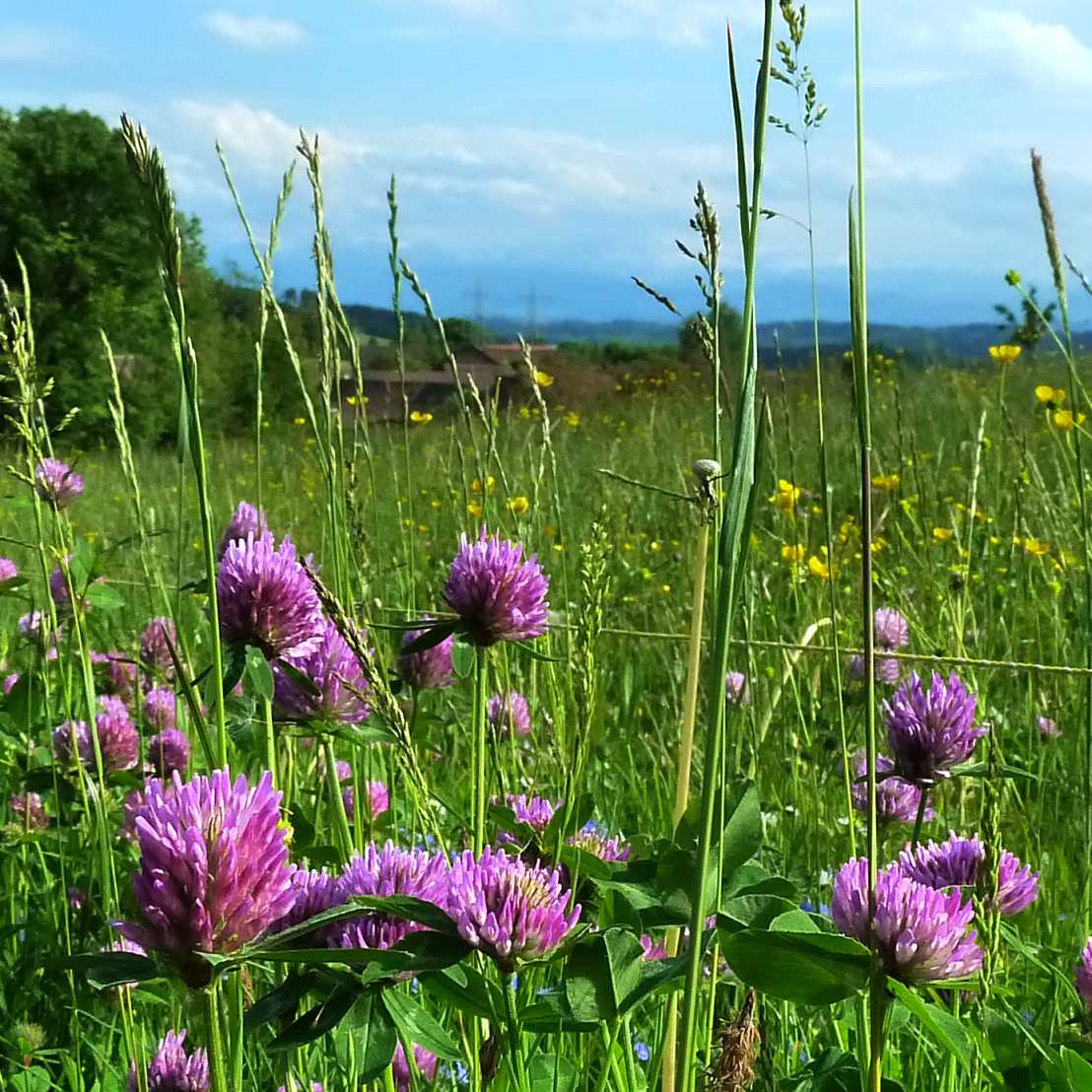
Project Started: 2015
Principal Investigator: Prof. Bruno Studer, Forage Crop Genetics
Co-Investigator: Prof. Sam Zeeman, Plant Biochemistry
Contact: Dr. Mike Ruckle
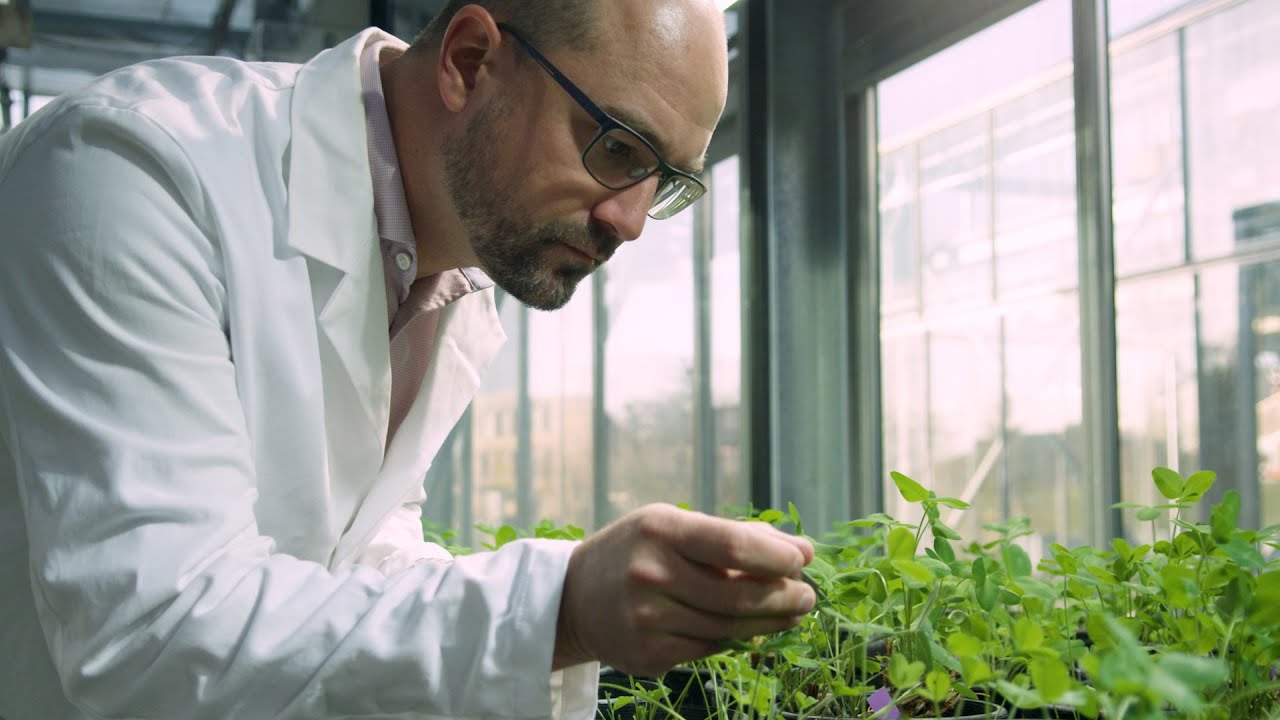
To meet production demands of a growing global population, ruminant livestock diets are increasingly being supplemented with high energy grains such as cereals and corn. Production of such grains leads to water pollution and excess greenhouse gas emission. This project aims to make sustainable pastures and grasslands more economically feasible by breeding a red clover variety with a higher energy content.
For centuries, pasture and grassland-based ruminant livestock production has not only been an important part of human culture, but has supplied a highly palatable and sustainable source of healthy, high quality protein to the human diet. To meet high production levels in the face of growing domestic and global demands, ruminant livestock production shifted from farm-based grassland systems towards the worldwide growth of intensified and industrialized livestock production with an increasing ecological footprint. Although locally grown forage crops offer a highly sustainable feed source for ruminant livestock production, they lack the fermentable, high-energy carbohydrates required to meet the productivity potential of modern livestock breeds. Therefore, forage-based diets are supplemented with high-energy corn, cereals and soy that are often derived from unsustainable monoculture based production and GMO-based foreign supply chains. The goal of this proposal is to create the knowledge and the tools required to increase the energy content of red clover (Trifolium pratense), which is one of the most important forage legumes worldwide. Although highly beneficial as a trait, leaf energy content has been a complex and elusive trait to breed. This proposal will utilize the recently published red clover genome and our current understanding of leaf carbohydrate metabolism to direct a non-GMO advanced breeding approach based on Targeting Induced Local Lesions in Genomes (TILLING) to generate the required knowledge and tools for breeders to develop a high-energy variety. Benefits of this red clover variety can be readily integrated into conventional local and global farming and food systems, and will provide a feed source to significantly improve the economic and environmental sustainability of ruminant livestock production.
Publication in Agronomy (2018)
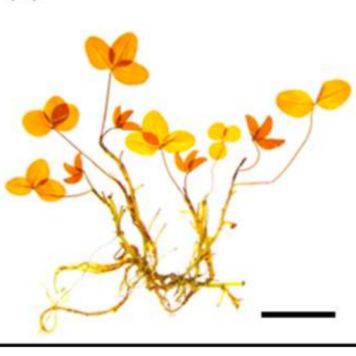
external pageGenetic diversity of diurnal carbohydrate accumulation in white clovercall_made by M. Ruckle, et al. Read more in WFSC News
Feature in Coop Magazine (2018)

The article includes an interview with postdoctoral researcher Mike Ruckle, who's research led to the discovery of red clover varieties with higher starch content. Read more in WFSC News
Presentation at World Food System Center Research Symposium 2017
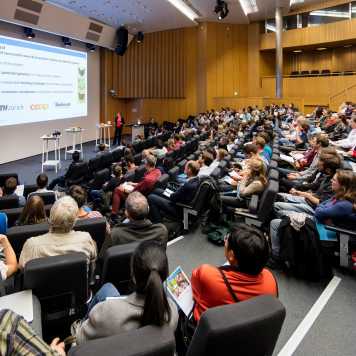
Development of a high energy red clover by Dr. Mike Ruckle. Read more
Publication in Agronomy (2017)
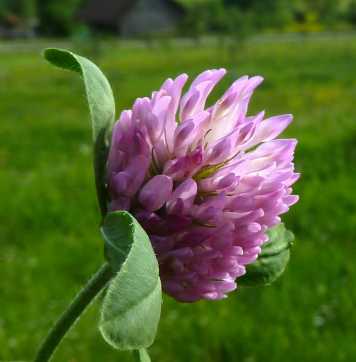
external pageDiurnal leaf starch content: An orphan trait in forage legumescall_made by M. Ruckle, M. Meier, et al. Read more in WFSC News
